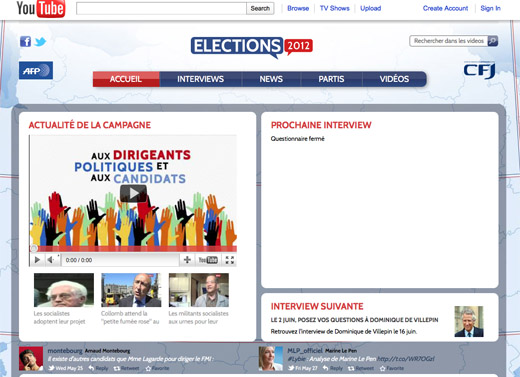Yesterday on BBC Radio Four’s Today programme the Chancellor George Osborne seemed to suggest that the BBC‘s reporting on the economy had at times focused on more ‘bad news’ stories than positive, saying he wanted to see “more balance”.
I’ve listened to news bulletins on your programme for the last year. Every time there’s an unfortunate loss of jobs somewhere, a few hundred jobs, it’s on the news bulletin. I’ve not yet heard a single news bulletin that says 400,000 new jobs have been created over the past year, that just doesn’t appear on the news.
Last week there was a disappointing manufacturing survey, it was on the news, today there’s a more encouraging manufacturing survey, its not on the news. I think what I’m asking for is a bit more balance in the way we look at the British economy at the moment.
Later that day editor of the BBC News business and economics unit Jeremy Hillman responded via the Editors Blog to the specific claims.
… had the chancellor been listening carefully to Today just an hour earlier (he seemed to suggest he had been but may have missed it) he would have heard our economics editor Stephanie Flanders say clearly that over the last year employment has been very strong and that private employment was especially strong.
Viewers of our main Six and Ten O’Clock News bulletins will know that virtually every single time we report unemployment figures we also give the employment figure for fairness and balance. It’s also worth noting that in our heavily read online coverage we have reported on at least seven job creation stories in just the last few of weeks.
He did accept however that at times the BBC may over-emphasise or under-emphasise something.
That always ensures a lively and valuable editorial discussion in the newsroom. Very occasionally we may miss something interesting completely, though we’ll try to catch up as soon as we realise. While we understand the political context around all our business and economics reporting, our sole purpose is to report and put context around the data for the benefit of all our audiences, reflecting that there are differing points of view and analysis which may occasionally make uncomfortable reading from both sides of the political divide.
